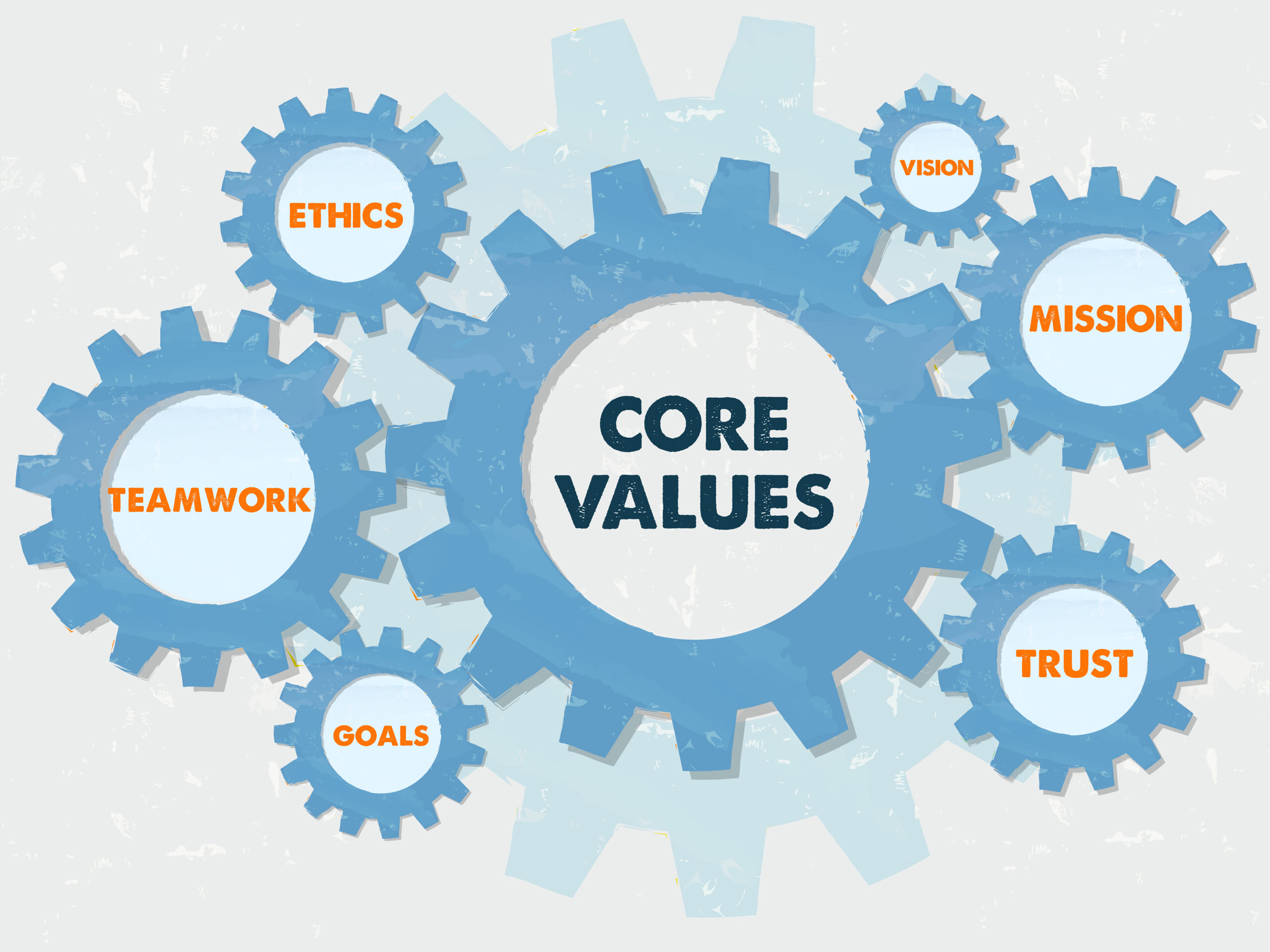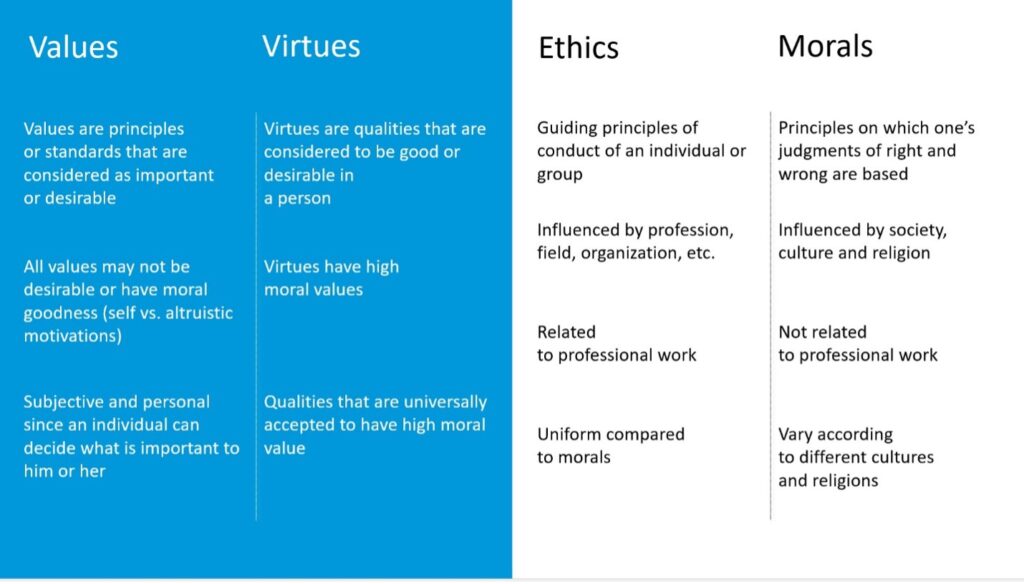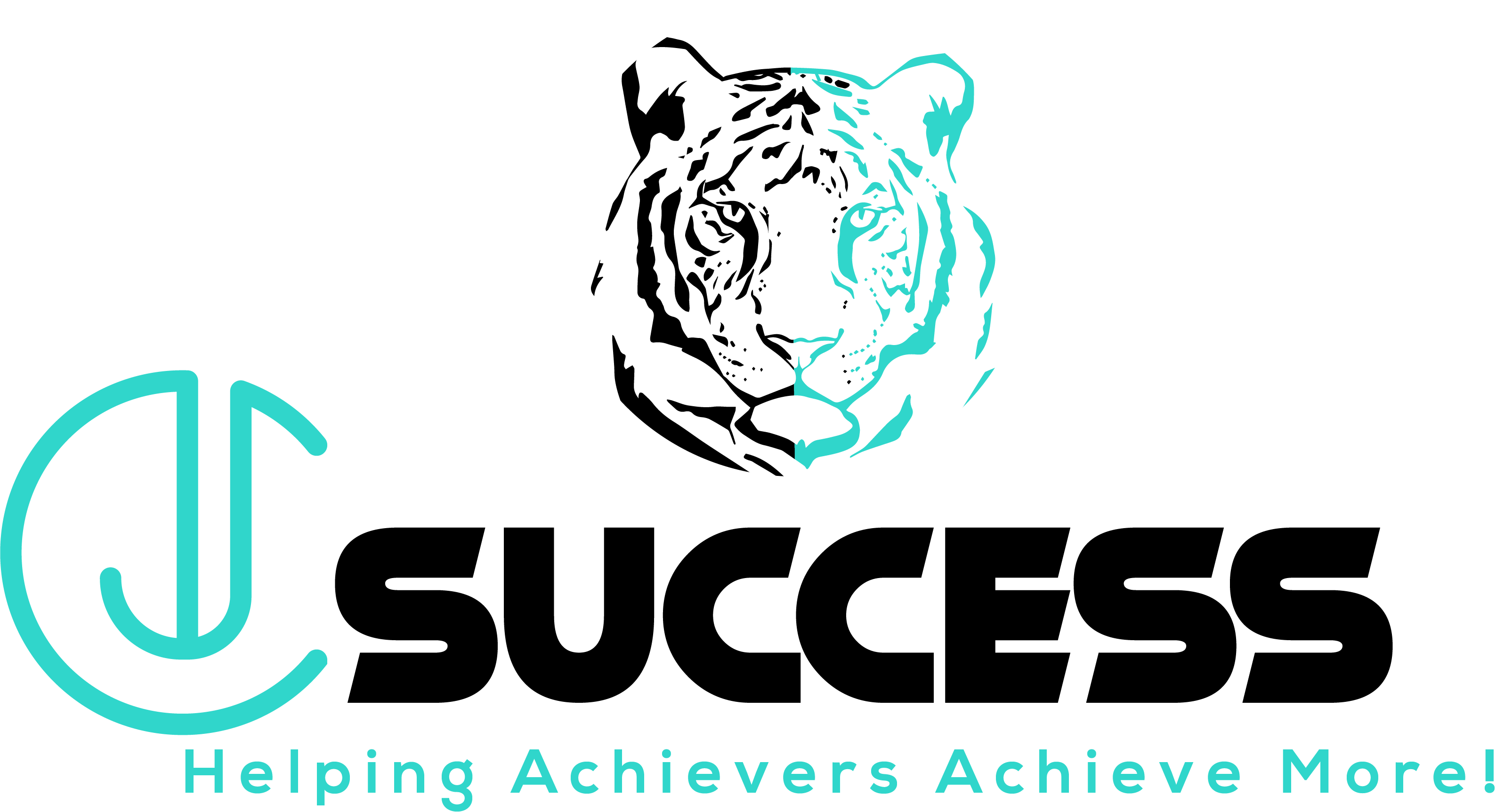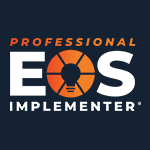0
+
Add your comment
UPCOMING EVENTS

Make Your Values Mean Something
November 30, 2023
by Rachel Lebowitz - Professional EOS Implementor
Would you bank at a bank that touts themselves to have “integrity” as a core value?
Last month we discussed the importance of having company values.
Company core values are the foundation of your business. They are the guiding principles which you use to hire, fire, reward, and recognize employees.
No one wants a wishy-washy leader. It creates an environment of low trust and doubt. Yet, as humans, it's hard to be consistent at all times. Especially at hard times. Having predetermined core values takes the anxiety and doubt out of decision making for your company!
When you have an employee that is creating subtle chaos or not getting along with other employees, it's easier to make the decision of who should be let go when you have a set of company values to use as a guide to make those decisions. Do they fit our values? Great! Then they stay and we have a serious conversation with this person. Do they not fit our values? Then it would be a waste of time to invest energy in such a person because they simply won’t “get it”. They will never value and appreciate the things that you do.
Statistics show that 80% of your business problems are “people” problems. That means people inside or outside of your organization that don’t appreciate and adhere to your core values. They don’t respect and honor what you value and therefore it creates great frustration and friction.
Now, here is where I want to set the record straight.
Most leaders fail to understand the true meaning of values and how to go about determining what your company’s Core Values are.
I am going to spend some time telling you what core values are NOT, so you can understand what they truly are and how they are discovered and implemented.
First of all, most people confuse values with morals, ethics and virtues.
Morals are principles on which one's judgment of right and wrong is based. It is hard and fast rules that usually don't have room for flexibility. It is influenced by society, culture, and religion. It is not related to the workplace, and it varies by culture and religion. It is safe to say that things like “thou shall not kill” is a moral principle.
Ethics are the standards of right and wrong that are established by society and organizations. Ethics, as per Santa Clara University, are well-founded standards of right and wrong that prescribe what humans ought to do—usually in terms of rights, obligations, benefits to society, fairness, or specific virtues. Those are things like dealing honestly in the workplace, medical ethics and obligations. Ethics are more nuanced and debatable than morals.
Virtues are qualities that are considered to be admirable and desirable in a person. Virtues are qualities that are universally accepted to have high moral value. Virtues are things like honesty, integrity, responsibility. (As you can see, they are all interrelated and build on each other).
Now we come to values.
Values are behaviors that you distinguish and value above other equally great values.
For example, do you value succeeding at all costs over helping others first?
Do you value perfection over speed?
Do you value “doing the right thing” vs. “winning”?
None of these values are inherently wrong.
It’s a matter of preference.
There are no “Wrong” values. There are values that don't align with you, but “thou shall not kill” is not a value. It’s a moral.
Honesty, integrity, responsibility, & timely, aren’t values either. They are ethics and virtues.
Would you bank at a bank that touts itself to have “integrity?”
No! That’s basic permission to be a player in the banking arena!
So many businesses make the mistake of choosing basic permission-to-play virtues as their values!
Here’s a visual graph to help you differentiate the 4 categories:

As a business you want to declare how you distinguish yourself from your competitors and other businesses! Why should people work and do business with you! What do you stand for?
Lastly, core values are NOT made up of thin air.
You don't just create a list of nice adjectives and tick off the ones that appeal to you the most. Real core values are actually discovered from within your organization. They already exist.
The best way to determine your core values is to look at your star employee and see what it is about them that you love? What makes them so pleasant to work with? What characteristics do they possess that if you would hire a full staff of people that share those characteristics you can take your business to unimaginable heights.
Imagine replicating your star employee times 100; can this take your business to the moon?
I bet the answer would be a resounding yes!!!
But here is the catch:
Do you exhibit those core values you appreciate?
If you would have to rate yourself on the core values you appreciated in your star employees, would you be a star employee?
Because as a leader you must walk the talk!
You must exhibit the values you ask your employees to amplify!
Every organization has an existing culture. You might not be aware of it. It might be weak or even stinky. The vibe and energy might be low and uninviting. But you possess the power to change that. The things you give attention to, multiply.
So If you start shining a light on positive values; if you start hiring, firing, rewarding and recognizing employees based on your company values that every employee knows, appreciates and believes in, your culture will shift and blossom.
We’d love to hear from you!
If you have any thoughts, takeaways, questions, or comments, please share them with us and we’ll do what we can to have the expert address your message in next month’s edition! As an added bonus, if you’re a paid member, you can share your company name and your position, and the expert will include that when addressing your point!



